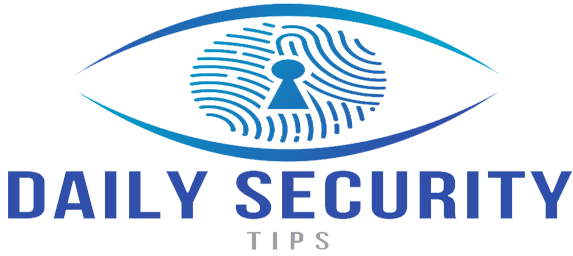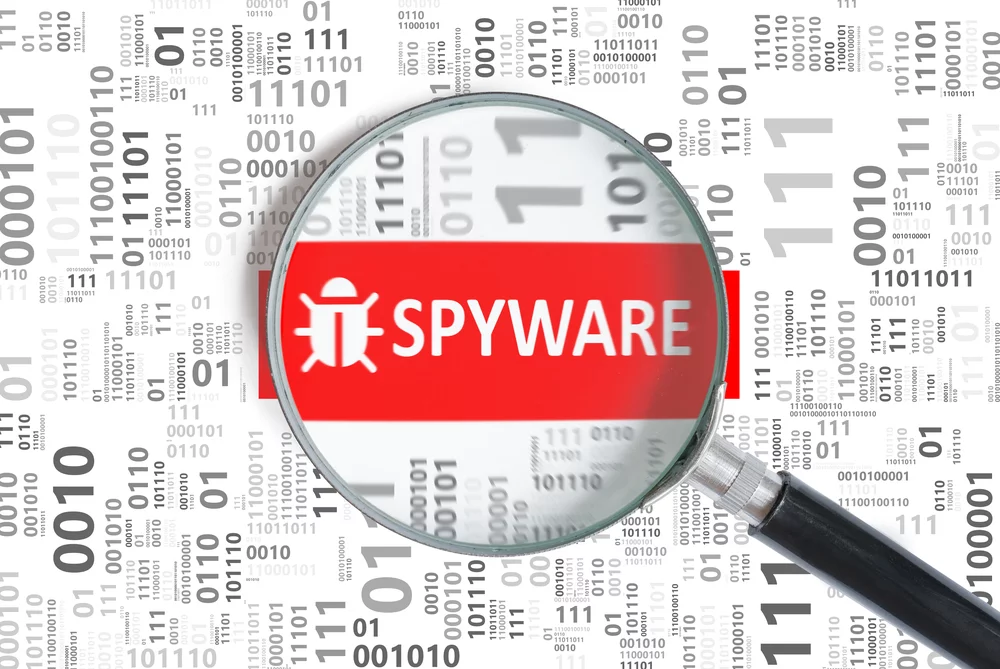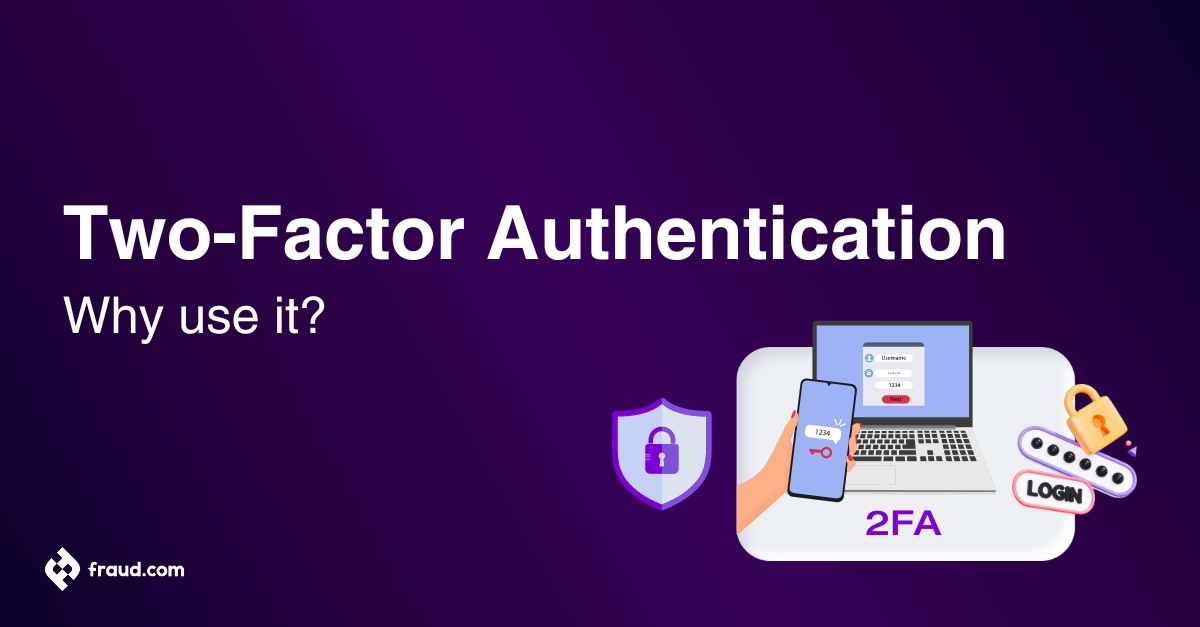In today’s digital age, our online presence is more prominent than ever. Every click, search, and interaction contributes to a growing tapestry of personal information available on the internet. With data breaches and cyber threats becoming alarmingly common, protecting your privacy while browsing has never been so crucial. Many people underestimate the risks that come with online activities, often thinking “it won’t happen to me.” However, safeguarding your sensitive information isn’t just an option; it’s a necessity.
As we dive deeper into this topic, we’ll explore various tools designed to enhance your online security and ensure safe browsing experiences. Let’s unlock the door to understanding how you can take control of your digital footprint and keep prying eyes at bay!
The Importance of Protecting Your Online Information
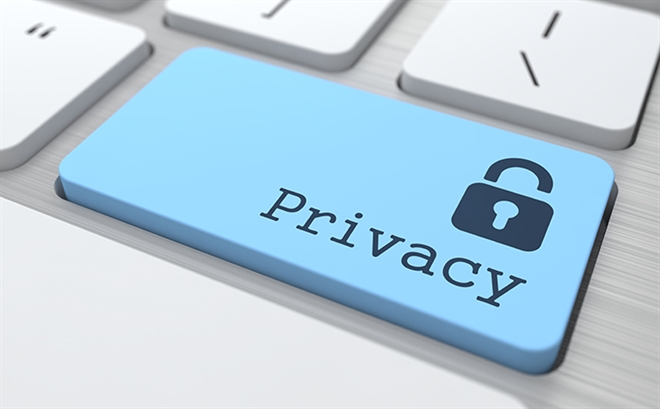
Our digital lives are woven into the very fabric of our daily routines. We share personal details, make transactions, and communicate online without a second thought. But with convenience comes vulnerability.
Cybercriminals lurk in the shadows, ready to exploit any weak link in your online presence. Identity theft can happen in an instant, leading to financial loss and emotional distress. It’s crucial to recognize that not everyone on the internet has good intentions.
Moreover, companies track our behavior for targeted ads and data collection. This constant surveillance erodes privacy and autonomy over our own information.
Protecting your online information is about more than just safeguarding against breaches; it’s also about maintaining control over your identity in a world that’s increasingly interconnected. Each click leaves a trace, making it essential to take proactive steps towards protecting yourself online.
Types of Online Privacy Tools

Online privacy tools come in various forms, each serving a unique purpose to enhance your security while browsing.
Virtual Private Networks (VPNs) create encrypted tunnels for your internet traffic. This makes it difficult for anyone to intercept or monitor your online activities. They also help mask your IP address, giving you an extra layer of anonymity.
Ad blockers play a crucial role in keeping intrusive advertisements at bay. By blocking unwanted ads, they not only improve page load times but also reduce tracking by advertisers who want to gather data on your preferences.
Password managers are essential for securely storing and organizing multiple passwords. They generate strong passwords and autofill them when needed, reducing the likelihood of password-related breaches.
Two-factor authentication adds an extra step in verifying identity when logging into accounts. It requires both something you know (like a password) and something you have (such as a smartphone), making unauthorized access much harder.
Virtual Private Networks (VPNs)

Virtual Private Networks, or VPNs, are essential tools for anyone serious about online privacy. They create a secure tunnel between your device and the internet. This means your data is encrypted as it travels.
Using a VPN masks your IP address. Instead of revealing where you are, it shows the location of the VPN server. This adds an extra layer of anonymity while browsing.
Many users turn to VPNs when accessing geo-restricted content. Want to watch that show only available in another country? A reliable VPN can help bypass those barriers without compromising safety.
Moreover, public Wi-Fi networks often expose users to risks. With a VPN activated, even on unsecured connections like cafes or airports, you’re protected from prying eyes and potential hackers lurking nearby.
Choosing the right provider matters too; look for those with strong encryption standards and positive user reviews to ensure optimal security during browsing sessions.
Ad Blockers
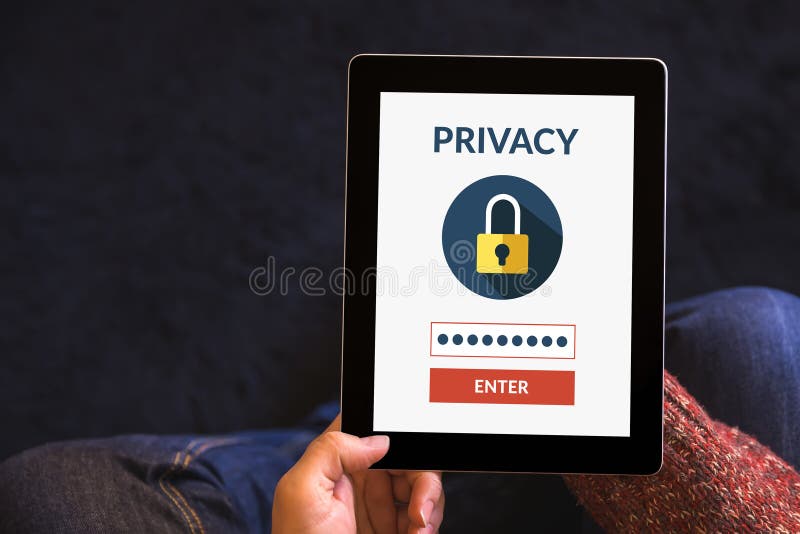
Ad blockers are essential tools for a smoother online experience. They help filter out annoying advertisements that clutter web pages and slow down loading times.
By blocking intrusive ads, these tools not only enhance your browsing speed but also reduce distractions. This allows you to focus on the content that truly matters to you.
Moreover, many ad blockers provide an extra layer of privacy by preventing tracking scripts from collecting your data. This means fewer targeted ads based on your browsing habits.
The best part? Most modern browsers offer easy-to-install extensions or built-in options for ad blocking. Users can customize their settings according to preferences, ensuring a tailored experience while navigating the web.
Using an ad blocker is more than just decluttering; it’s about taking control of your online environment and enjoying safer, faster browsing sessions without unwanted interruptions.
Password Managers
Password managers are essential tools for anyone looking to enhance their online security. They store your passwords in an encrypted format, making it easy to manage multiple accounts without the risk of forgetting credentials.
Using a password manager allows you to create strong, unique passwords for each service you use. This significantly reduces the likelihood of being hacked due to reused or weak passwords.
Many password managers also offer features like auto-fill and secure sharing options, simplifying everyday online tasks while maintaining privacy.
Some popular choices include LastPass, 1Password, and Bitwarden. Each has its own set of features tailored to different needs.
Investing time in finding the right password manager can pay off immensely by reducing anxiety about online safety and allowing you to browse with confidence.
Two-Factor Authentication
Two-Factor Authentication (2FA) adds an extra layer of security to your online accounts. It requires not just a password but also a second piece of information. This could be a code sent to your phone or generated by an app.
Using 2FA makes it considerably harder for hackers to access your personal data. Even if they manage to steal your password, they still need that second factor. This additional step can significantly reduce the risk of unauthorized access.
Many services offer 2FA options. Popular platforms like Google, Facebook, and banking sites encourage users to enable this feature for enhanced protection.
Setting up 2FA is typically straightforward and well worth the effort. Your peace of mind while browsing will improve dramatically knowing you’ve taken steps toward better security.
Tips for Choosing the Right Online Privacy Tools
When selecting online privacy tools, first assess your needs. Understand what data you want to protect and from whom. This clarity will guide your choices effectively.
Next, research the reputation of the tools you’re considering. Look for user reviews and expert recommendations. A tool with a strong track record can offer better reliability.
Consider ease of use as well. If a tool is too complicated, you might not utilize it fully. User-friendly interfaces often lead to consistent usage.
Don’t forget about compatibility! Ensure that the tools work seamlessly across all your devices and browsers for comprehensive protection.
Pricing is another factor; free options exist but may come with limitations or ads. Weigh the benefits against potential costs before making a decision.
Pay attention to updates and support services offered by providers. Regular updates indicate commitment to security, while accessible customer service can be invaluable if issues arise.
Additional Steps for Enhanced Online Privacy
To boost your online privacy, consider using encrypted messaging apps. These tools keep your conversations secure and private from prying eyes.
Regularly updating your software is another crucial step. This includes browsers, operating systems, and applications. Updates often fix security vulnerabilities that could be exploited by hackers.
Review the permissions of the apps you use. Limit access to only what’s necessary for their functionality. Each extra permission can increase your exposure to data breaches.
Use unique passwords for different accounts to minimize risks further. A password manager can help you maintain this variety without overwhelming memory limits.
Ensure your home network is secured with a strong password and encryption settings. Change default router credentials to something more complex to deter unauthorized access.
Conclusion
The digital world offers countless benefits, but it also poses significant risks to our privacy. Investing time in understanding online tools for safe browsing is essential for safeguarding personal information.
By using a combination of VPNs, ad blockers, password managers, and two-factor authentication, you can significantly enhance your online security. Each tool serves a unique purpose and contributes to a more secure browsing experience.
Choosing the right tools depends on your specific needs. Look for reputable services with positive reviews and transparent policies regarding data handling. Always stay informed about new threats and emerging technologies that may further protect your privacy.
Taking additional steps like regularly updating software or being cautious about public Wi-Fi networks can fortify your defenses even more. Prioritize your online safety; it’s worth the effort in today’s interconnected world.
Embrace these strategies and tools as part of your everyday internet habits. Your online privacy should never be an afterthought—it deserves attention now more than ever.
